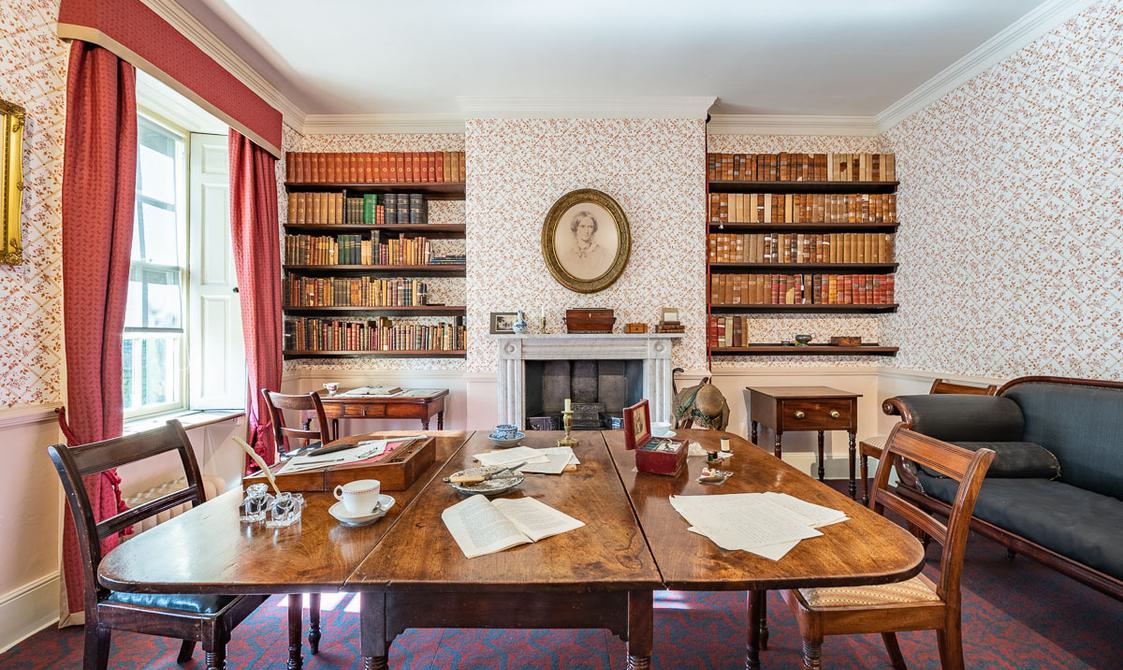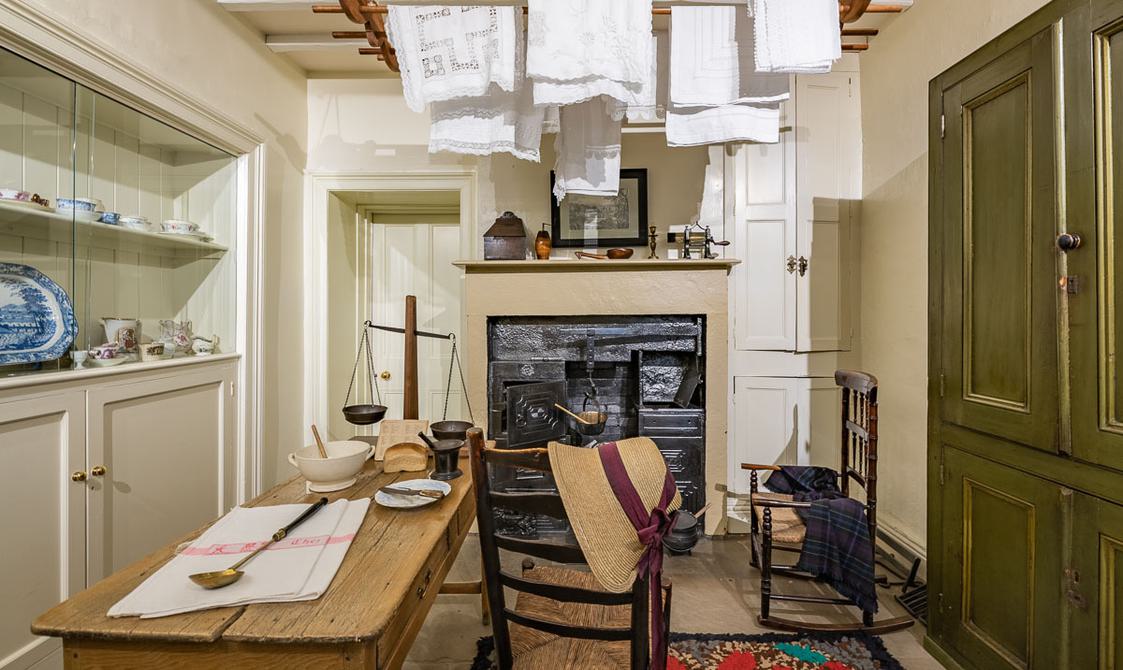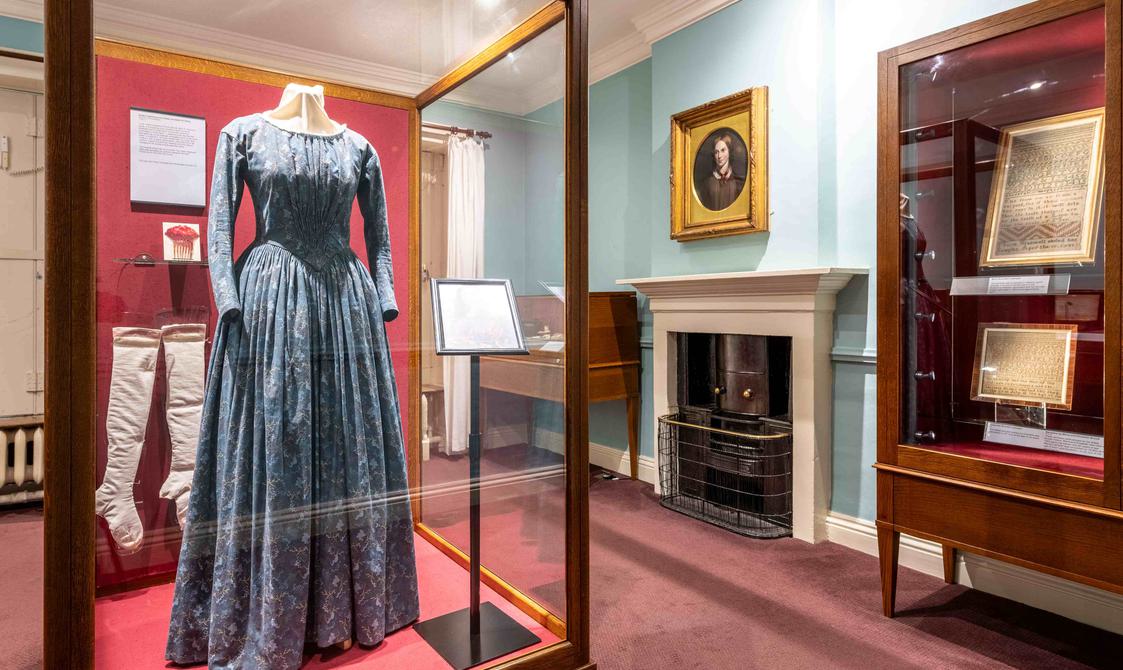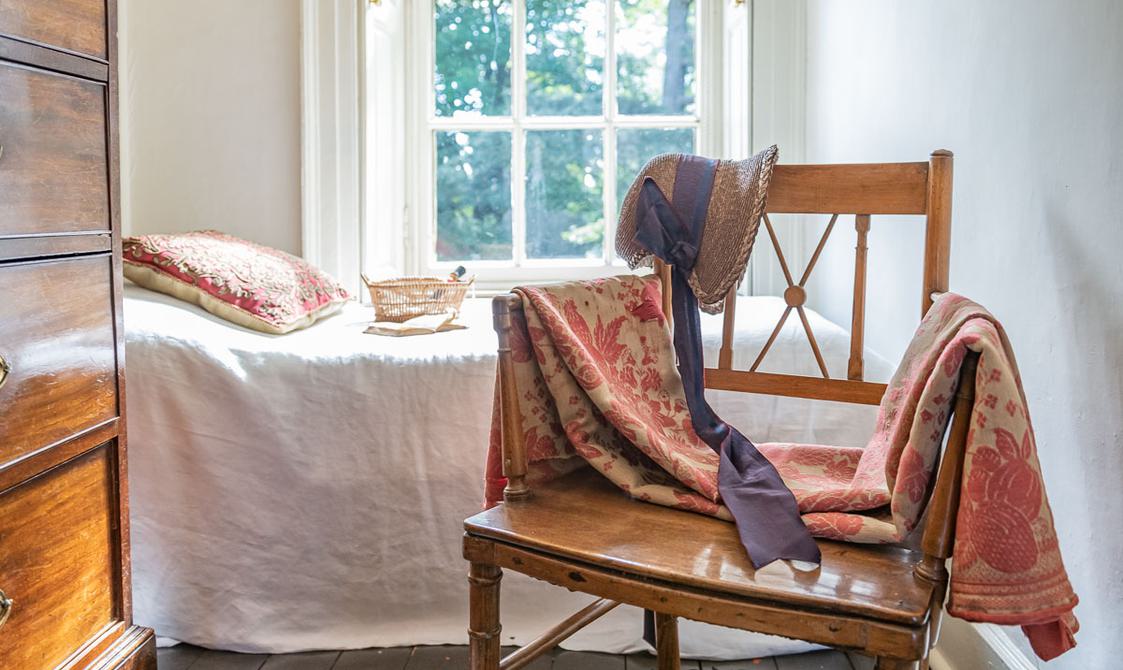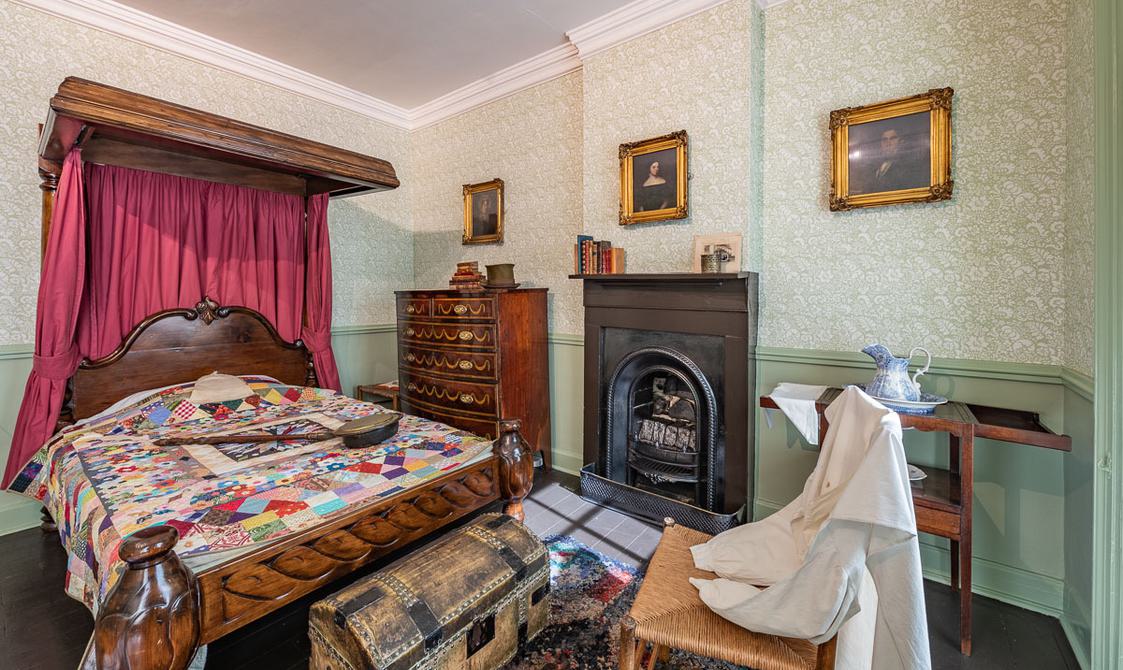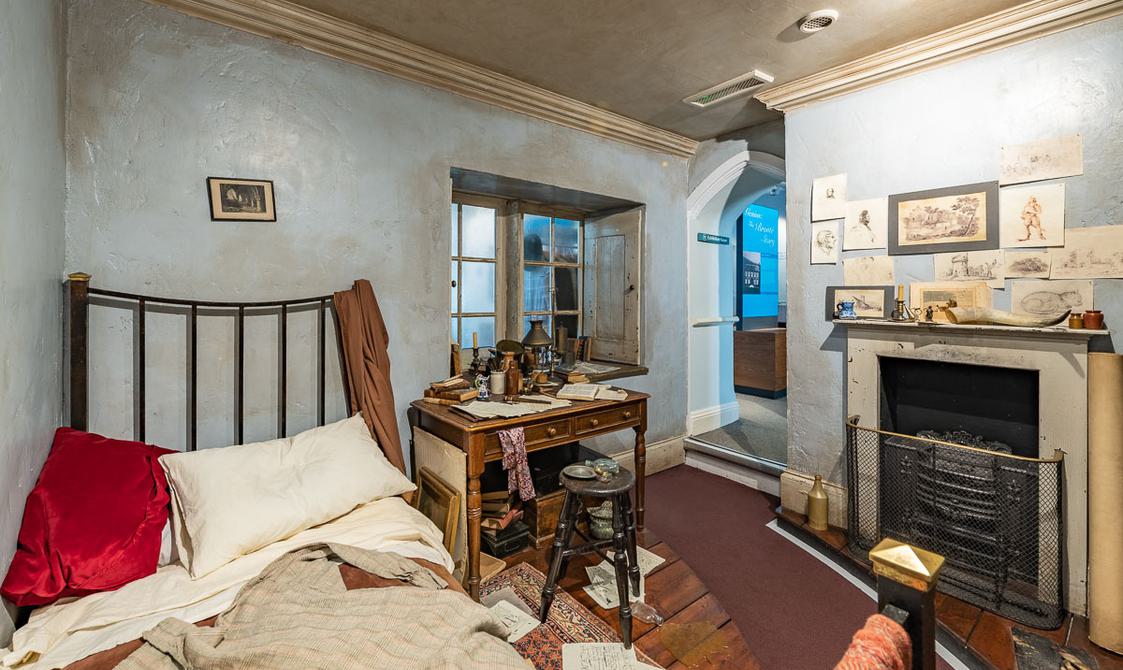
Inside the Museum
Welcome to the Brontë Parsonage Museum, home of the Brontë family.
Catch a glimpse of our period rooms inside the Museum and get a feel for the atmosphere before your visit.
To learn more about each room, head to our profile on the Bloomberg Connects app!
Explore the Museum...

